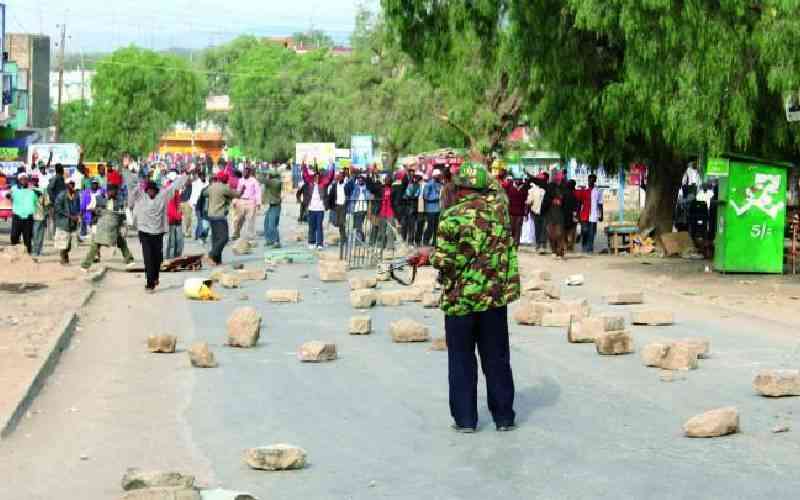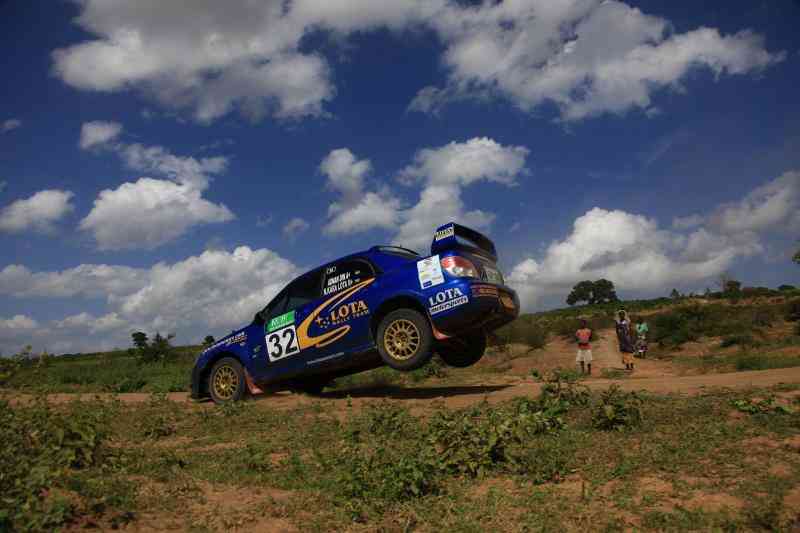Title: Attack Of The Shidas AkAs Save Planet Earth
Author: Muthoni Muchemi
Publisher: Kenya Human Rights Commission and Story Moja
Year of publication: 2012
Price: Sh400
Reviewer: John Kariuki
Following the post-election violence, the Kenya National Human Rights Commission (KNRC) sanctioned a study on knowledge, attitude, and practices of discrimination in primary schools.
According to the study, 88 per cent of pupils interviewed have heard the term ‘tribalism’, while 38 per cent of primary school pupils understand the concepts associated with it.
The report further reveals that 50 per cent of the respondents understand that speaking in their mother tongue among those who don’t understand it is a form of tribalism. Most teachers interviewed claimed that pressure to discriminate do not come from in schools. The report also gives frightful findings on gender, age and disability discrimination as seen through the eyes of school children.
Considering the fact that through children a society can easily be changed, the study prompted the KHRC to tackle the dragon of negative ethnicity in the form of a book. And the Attack of The Shidas AkAs Save Planet Earth was born.
The story revolves around a borehole in a desert town. Some extra-terrestrials from a bone-dry planet suck out the water mysteriously from this borehole and except for the protagonist children, Pato, Shana and Tosha, nobody else has the power to detect these alien beings.
But before the three children discover what they can do with this special power, chaos and suspicion reign in their town. The three communities living in this hitherto oasis of calm have stereotypically labelled each other as Southeens, Northeens and Centreens, apparently from their directions of origin.
As the adults bicker over the dwindling water from the communal borehole, the children narrators are able to pick up slanders like the Southeens are too noisy and Centreens like blaming others instead of looking at their own actions. Despite posting armed guards at the borehole, this resource continues to diminish at an alarming rate.
The accusations and counter-accusations reach a crescendo and the children witness real fights. Suddenly they are thrust into a mindset of suspicion of their neighbours and playmates who they have never known as anything else besides friends. But the three characters Pato, Tosha and Shana defy the balkanising madness of negative ethnicity that has suckered everybody and stick together as friends. And necessity and desperation show them what they can do with their special powers. By concentrating their minds’ focus and their eyes’ glare on the aliens, they subdue and finally vanquish them. The problem of water depletion is no more.
With a touch of science fiction, Attack of The Shidas AkAs Save Planet Earth is bound to succeed in driving the integration and cohesion message home to the intended readers of age nine to 15 years. The allegory of tribalism as alien beings is laudable. The author artistically portrays these aliens in a captivating way that leaves a lasting impression on the readers and for good measure; we must never get back to the post-election violence of 2008.
Stay informed. Subscribe to our newsletter
By basing the story on the intrigues at the borehole, the author uses water, a resource whose centrality in life makes the intended readers to identify with it.
 The Standard Group Plc is a
multi-media organization with investments in media platforms spanning newspaper
print operations, television, radio broadcasting, digital and online services. The
Standard Group is recognized as a leading multi-media house in Kenya with a key
influence in matters of national and international interest.
The Standard Group Plc is a
multi-media organization with investments in media platforms spanning newspaper
print operations, television, radio broadcasting, digital and online services. The
Standard Group is recognized as a leading multi-media house in Kenya with a key
influence in matters of national and international interest.
 The Standard Group Plc is a
multi-media organization with investments in media platforms spanning newspaper
print operations, television, radio broadcasting, digital and online services. The
Standard Group is recognized as a leading multi-media house in Kenya with a key
influence in matters of national and international interest.
The Standard Group Plc is a
multi-media organization with investments in media platforms spanning newspaper
print operations, television, radio broadcasting, digital and online services. The
Standard Group is recognized as a leading multi-media house in Kenya with a key
influence in matters of national and international interest.









